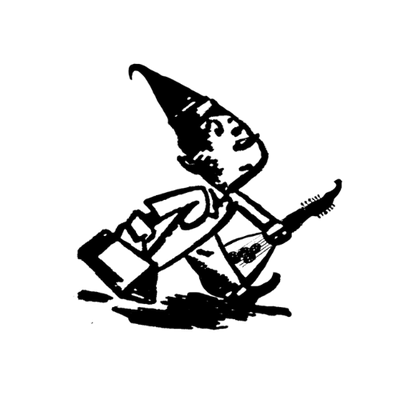Starting a coffee cart business has been a perceptually low risk and fun business strategy for many aspiring entrepreneurs. However, there is a lot of due diligence required to make sure you can be as successful as possible. With a saturated market, you end up with a high volume of customers, but also a high volume of coffee carts. Here is a guide breaking down what to expect financially when diving into this venture:
- Planning and Research | $150-$500
Take this time to figure out a name for your business. Try to avoid generic coffee related names to generate diverse brand awareness. You want to be a familiar name that people recognize when you show up at markets and pop-ups. After you figure out a name, make sure it is available on an LLC search and file for an LLC to lock it in. You will then want to do some research to see what kind of permitting your state requires and begin researching your target demographic.
With a logo created, LLC filed, and some market research out the door, we can expect to drop a couple hundred to pay an artist (if you go that route) and about $150 to file an LLC.
2. Buildout | $5000-$20,000
The core of your business is the cart itself. You can build one if you are handy. There are a few resources online for plans of coffee carts if you look around. There are also companies such as Clive and Simple Cart Systems that have self contained coffee carts that hover around $5000 for the cart and plumbing/electrical system. As for equipment, do a lot of research and don't settle for cheaper because the price tag is more attractive. Those sleek home machines look awesome until you have a line of 10 people and your machine is trying to heat back up. Build for scalability!
Some popular single group espresso machine options include:
La Marzocco Linea Mini $5,900
Sanremo You $6,950
La Marzocco GS3 $7,900
Lelit Bianca V3 $2,999
Lucca A53 $3,095
The MOST important cart machinery is your grinder. You could have a $15,000 machine, but without a proper grinder, your shots will never taste right. Don't cheap out here. I recommend going with a grind by time and not a grind by weight since carts are always being moved around so a weight based grinder will have trouble being consistent.
Some popular espresso grinder options include:
Anfim Luna $1,399
Mahlkonig E65S $2,199
Mazzer Super Jolly $1,470
Eureka Atom 75 $1,295
Fiorentza F83 $2,450
3. License and Permits $500
If you have yet to obtain your LLC you will still need to do that. That should cost around $150 and is renewed yearly. Other than your LLC, you will also need to be licensed as a mobile food vendor which is typically done through your local Department of Agriculture. This license should cost about $350 and is also renewed yearly. Having a mobile food vendor license does require the use of a commissary. This is a commercially licensed space that allows you to use their ice, prep stations, storage, and dump sinks. These can cost money, but reach out to any local restaurant owners or churches you know, they may be able to help you out!
4. Supplies
This is a huge variable one. Underneath this blanket, we are putting cups, lids, stirrers, straws, coffee, milks, and anything else you may need to fully operate your cart. I would put away a good $1,000-$1,500 to get a large quantity of cups and non-perishables. Coffee prices range depending the quality and what roaster you supply from. My beans range from $11.25/lb. - $16/lb. as well as a shipping fee for smaller orders. Expect to spend around $130 for your first order. Whenever I run events, I spend anywhere from $30-$70 at the grocery store before setting up at the event. Those numbers fluctuate drastically, just keep them in mind when accounting for costs.
5. Marketing
This is an important one when starting out! Unless you have huge starting credibility, chances are nobody besides your friends and family are aware that you and your business exist. Marketing is not exclusive to ads on social media and Google. This also includes getting stamps and stickers for your cups, having free stickers at your booth, having a merch lineup, etc... Anything with your brand on it can be considered 'marketing' by some measure. Make sure to set some money aside to make your brand known. If you want to put this one aside, I would at least pick up some custom stickers for around $50-$100 to have for your first customers.
6. Operating Costs
Having a cart means needing transportation. Gas should be factored into your business costs and is something to keep in mind. You may also need to rent a trailer if your vehicle is too small to fit your equipment which will cost some money. Like mentioned previously, you will have to replenish your supplies over time so try to take inventory frequently and stay ahead of the game to avoid unexpected expenses.
7. Miscellaneous Costs
This is a tough one to categorize, but just know that unexpected expenses will come up, so make sure you set aside some extra change to make sure you are prepared. There have plenty of small pieces of equipment as well as repairs and other costs that came up and ripped away from my profits. Keep an emergency fund as working capital, maybe $500-$2000.
Remember that these are all estimates! Some people get into the game very affordably. Others spare no expense and get the best of the best. All I can say is do your research, plan ahead, find your audience, and GOOD LUCK! It is a lot of work, but it is so fulfilling to serve others an awesome product. If you have any specific questions, reach out to us and we would be more than happy to help you out!

